None of us can be indifferent to the tragic accident in Quang Ninh - where a tourist boat capsized, causing many casualties, both victims and relatives are immersed in unspeakable pain.
However, what makes people's hearts ache even more is not only the crying at the port but also the cold, soulless laughter echoing from the virtual world - where fake videos and sophisticatedly edited images are being shared widely, not to report news or share, but to... count "likes", "views" and "follows" on the real pain of our fellow countrymen.
It must be called by its name: it is intentional indifference, it is a game of interaction that defies morality, it is a second and deeper wound that is cutting into the social conscience.
As the ship tilted in the rough waves, some people rushed to save the victims, some shed tears with the victims' families, and some... turned to editing software, created fake videos of the ship capsizing, added screams, and even added creepy background music. After only a few hours, many social media platforms were flooded with "fake crime scene" clips, some claiming to be witnesses, some creating "in-depth analysis" that were actually baseless exaggerations.
People are no longer afraid of making mistakes, they are only afraid of not being able to go viral in time.
Maybe it was a child learning how to make money online. Maybe it was an adult who was helpless in real life and built his own virtual world . But whatever the reason, choosing the suffering of others as a springboard for personal goals is unacceptable in any decent cultural standard.
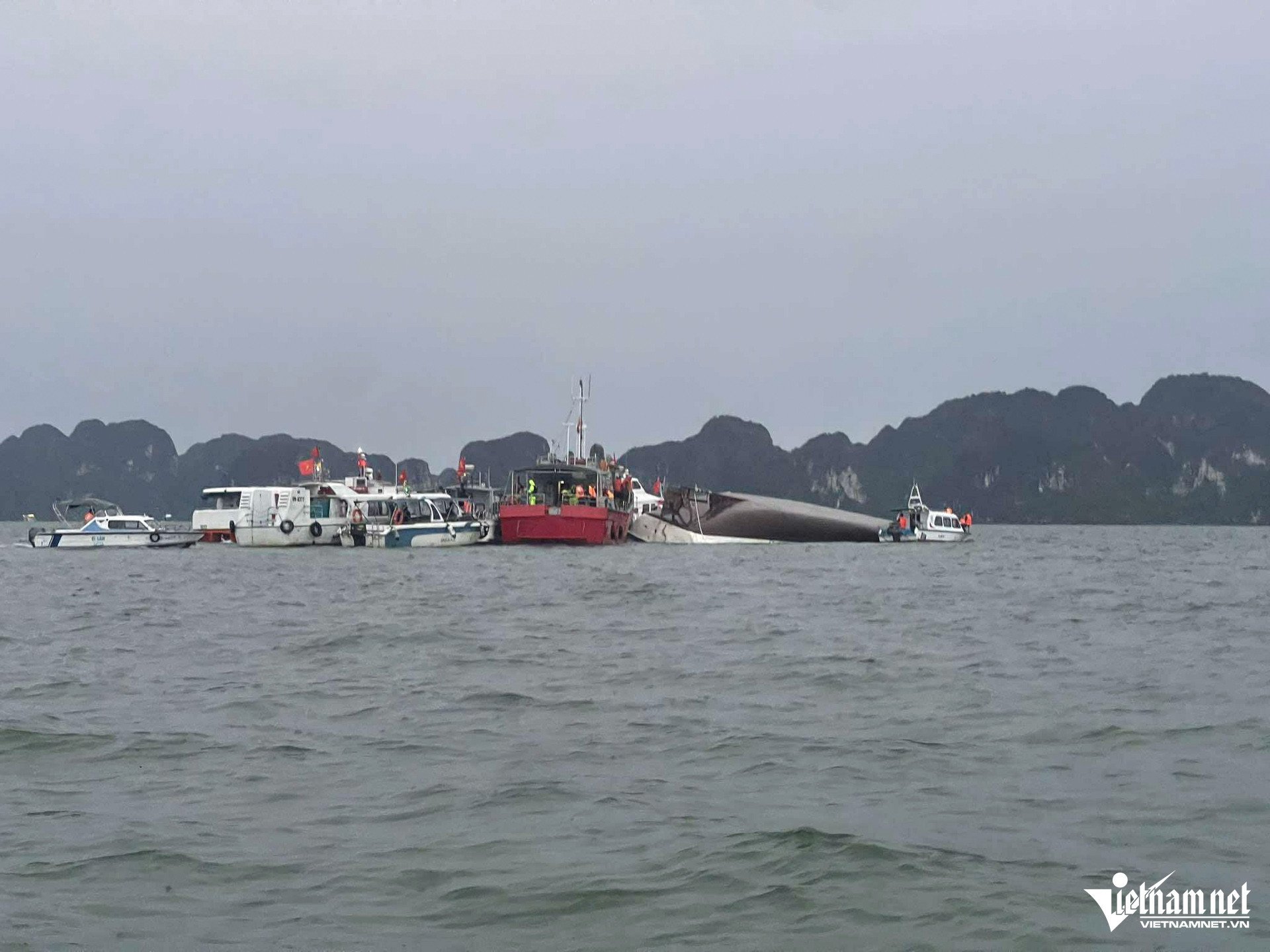
Culture is not just about big things, not just about museums or fancy stages. Culture is about attitude, about how we react to the suffering of others, about the boundaries between people in a civilized society.
The proliferation of fake videos and distorted information not only hurts victims and their families. It seriously damages the truth, the public's trust in mainstream journalism, and worse, it erodes basic moral values: empathy and compassion.
When we let “toxic content” spread freely, without control or response, we are letting a generation grow up with the idea that: “as long as there is interaction, right or wrong, true or false does not matter”.
It must be clear: this is no longer a personal story. This is the challenge of the digital age - where each citizen is not only a receiver of information but also a creator of it. And because of that, the responsibility belongs to all of us - those who work in culture, journalism, policy, education and parents.
Stronger measures are needed to combat fake news and fake videos - not only from digital platforms but also from the law itself. The Cybersecurity Law, the Press Law, and decrees on handling fake news need to be strictly enforced, and new regulations may even be added to match the increasingly dangerous nature of fake news associated with disasters.
At the same time, we need to strengthen media education in schools and families - teaching children how to recognize fake videos, understand responsibility when sharing content and especially nurturing compassion as part of being human.
When a ship capsizes, the waters rise. But when a man's heart breaks, the loss is much greater.
Each "like" on a fake video is an invisible knife cutting into the pain of the real victims. Each time a false news is shared, it pushes society closer to confusion, suspicion and disconnection.
We cannot use the name of “freedom of information” to justify unethical behavior. Nor can we use the excuse of “it’s just social media” to wash our hands of civic responsibility in the digital age.
The Quang Ninh train disaster is a tragedy. But how the community responds to that tragedy will define who we are.
Is it a community that knows how to share, listen, and love? Or is it a crowd that rushes into an incident to compete for a few minutes of fame?
Let the voice of culture, of kindness, of humanity overwhelm the chaotic sounds out there. Let each of our clicks be a choice - a choice to stand on the side of truth, on the side of humanity, on the side of a dignified society.
Because after all, culture is not something far away - it is how we respond to the pain of our fellow human beings.
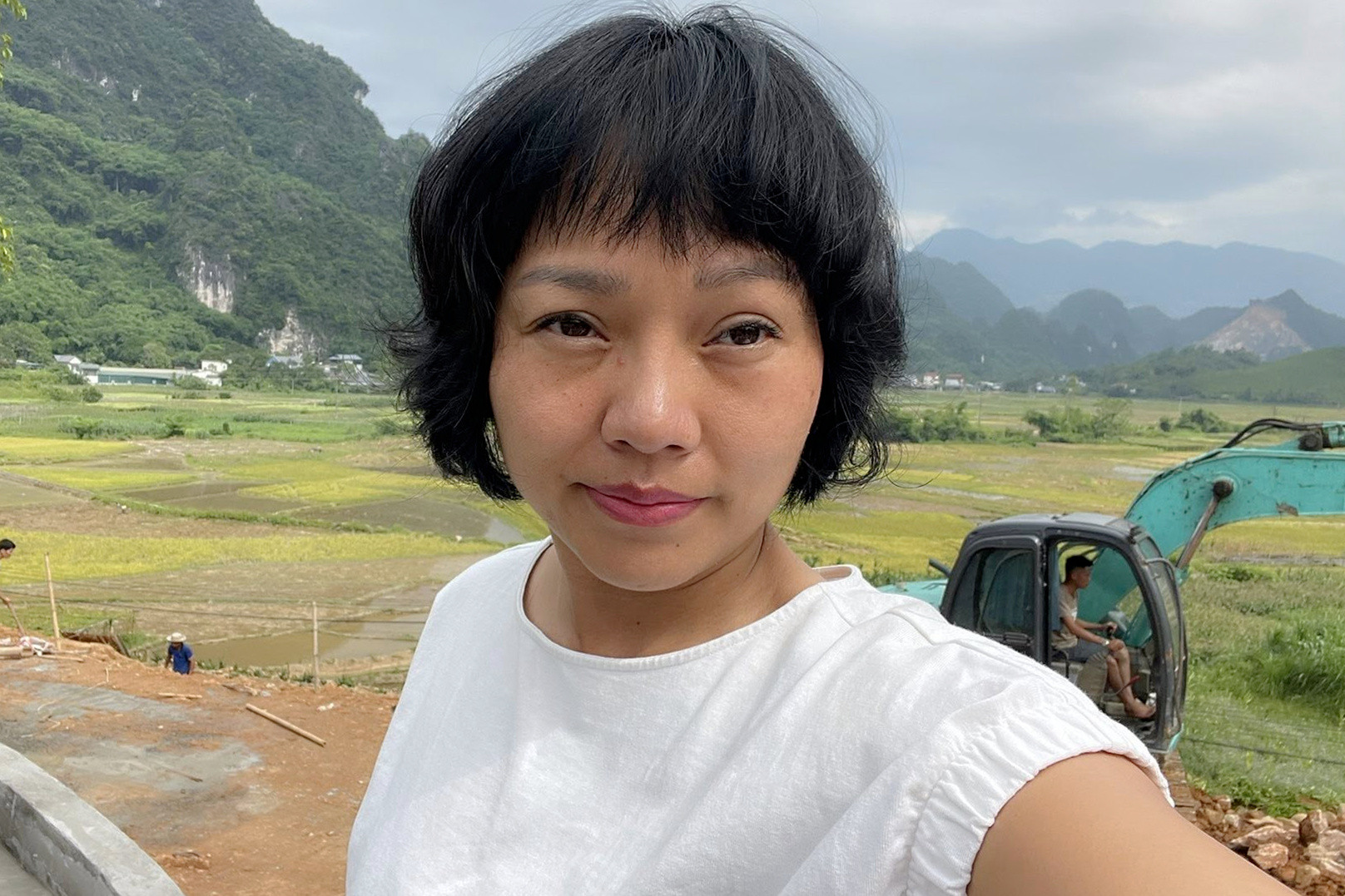
Source: https://vietnamnet.vn/dem-like-tren-noi-dau-mot-vet-thuong-khac-tu-vu-lat-tau-o-quang-ninh-2424771.html







![[Photo] Opening of the 14th Conference of the 13th Party Central Committee](https://vphoto.vietnam.vn/thumb/1200x675/vietnam/resource/IMAGE/2025/11/05/1762310995216_a5-bnd-5742-5255-jpg.webp)




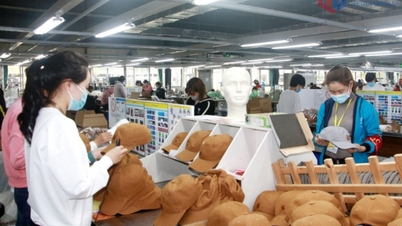


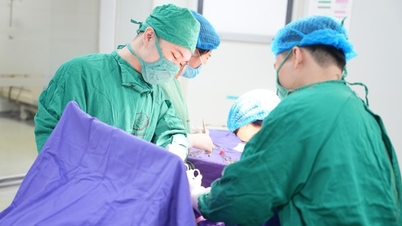




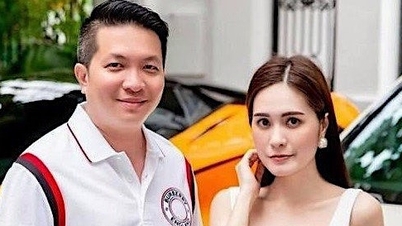

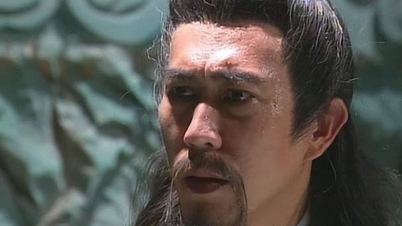
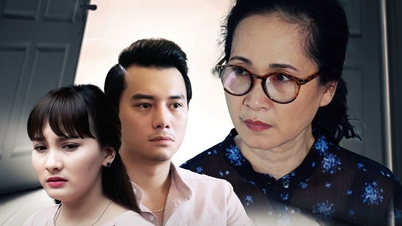






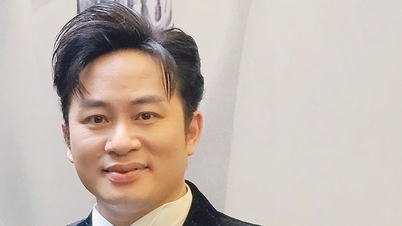


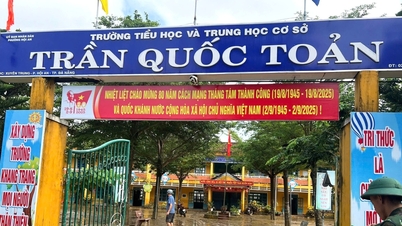

![[Photo] Panorama of the Patriotic Emulation Congress of Nhan Dan Newspaper for the period 2025-2030](https://vphoto.vietnam.vn/thumb/1200x675/vietnam/resource/IMAGE/2025/11/04/1762252775462_ndo_br_dhthiduayeuncbaond-6125-jpg.webp)





































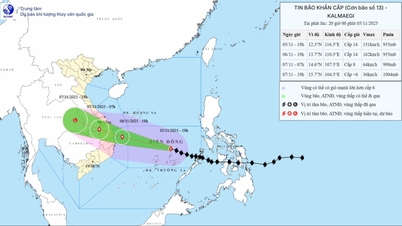














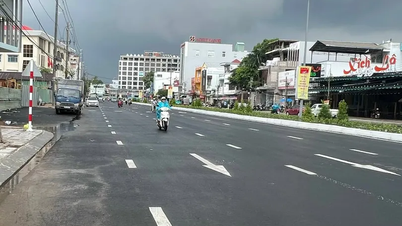

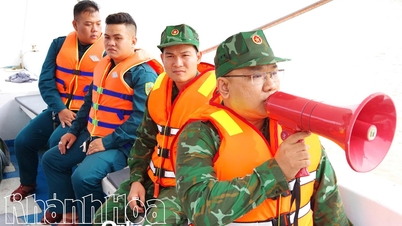

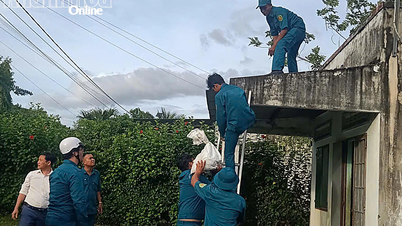
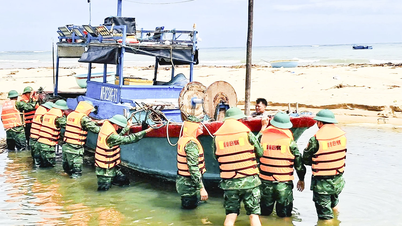
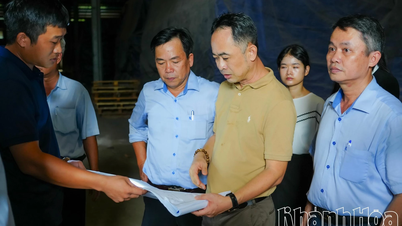
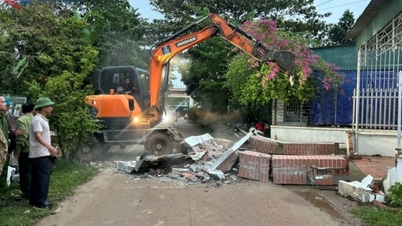











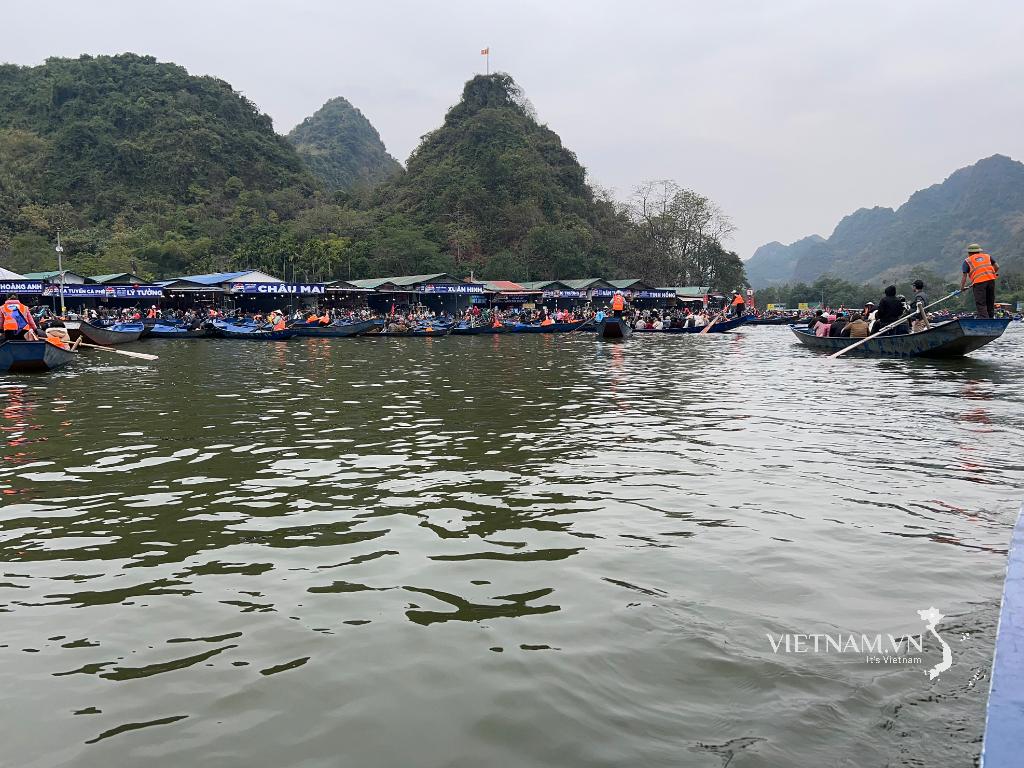


Comment (0)